Circles and Squares: Man in the Box
 "That's so square". "Don't paint yourself into a corner". "Think outside the box". "You can't fit a square peg into a round hole". "The earth is round". "Cut corners". "Going round and round in circles". "Let's roll". "Let's have a ball". "Like a rolling stone". "What goes around, comes around". Why is it that man is fascinated with circles, but keeps making boxes to hold everything, including himself?
"That's so square". "Don't paint yourself into a corner". "Think outside the box". "You can't fit a square peg into a round hole". "The earth is round". "Cut corners". "Going round and round in circles". "Let's roll". "Let's have a ball". "Like a rolling stone". "What goes around, comes around". Why is it that man is fascinated with circles, but keeps making boxes to hold everything, including himself?To make the leap from paleontology to psychology, I would like to pick up the story thirty million years ago, when the last ice age receded, and the earth – round, spinning on its axis and warmed by its orbit around the fiery ball of sun – began to blossom with life. 'Blossom' we say, thinking of buds. Did they not spring from seeds, various, but which are also round? There is no need to ask what came first, the chicken or the egg? From pelagic creatures still swimming in the sea or crawling on the mud to mutate into something else, to dinosaurs, the eggs have it. When mammals evolved, they, too, started as round eggs fertilized by sperm, and fetuses rolled up in a round fetal position.
Biology is not my field, and to minimize the risk of being trite and tedious inherent in telling someone what they already know, let us skip through the ages to make the leap to man. For our purposes, the man I have in mind was Greek. I saw him pictured on a Greek vase, running, right arm forward, left arm back, slightly lower than the right. His head was tilted a little forward, his legs spread wide apart, the right foot was flexed, its ball touching the ground, the left one was arched in back, heel up to waist level, about to start its pendulum swing to take the place of the right foot. If you took a drawing compass, stuck its point into the Greek's torso, and drew a circumference around the man touching the end of any extremity, you'd have a circle touching the end of all his extremities. The running man was moving in a circle, like doing cartwheels.
How supple his movement seemed, and I wondered if the Greeks, in their simple, uncluttered and precise observation of living close to nature and liking to think about things, saw something about life, energy, movement and freedom that modern man can't see? I thought about goose-stepping Nazi soldiers, goose-stepping Russians, North Koreans, Chinese, contrasted with the easy gait of marching Americans. Indeed, when you think about it, the less freedom there is in a country, the more rigid the soldiers, the leaders and society itself – including education. In that light, the light of enlightenment, movement must be considered from a metapsychological aspect. Even the fact that in totalitarian societies people couldn't even leave town without a passport bears consideration.
Surrounding me I see freedom juxtaposed with rigidity. Just to digress for a second, is there anything to the fact that Paris is laid out in concentric circles and Chicago in a geometric grid? Probably not, although I suspect, yes – too nebulous to prove. Nevertheless, just as civilization everywhere organizes itself in grids and quadrants, so many educators are bound up in a box as well. You may see them on the campus – watch them, they are walking bricks. Two stiff legs goose-stepping from underneath a rigid body. If these walking bricks teachers, they are pedants, teachers more concerned with formatting than thinking. They cannot see the forest for the trees, because their bodies, eyes and brains are locked in fear.
So what goes around, comes around. In a man-made world of boxes, we want to open up. We want to think outside the box and let our minds run unbridled like the Greek runner on that vase. At the same time, when someone does escape the boundaries set by the builders of our walls – while few in proportion, there have been many, Freud is one example, Reich, who died in prison, is an even better one – the walls come crashing down to drown their voices out. If a little knowledge is a dangerous thing, great knowledge even more so. Are we really free? As we ponder that question, we had better be careful.
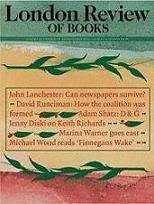
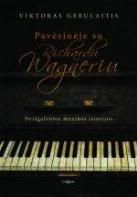



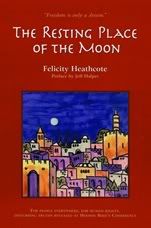

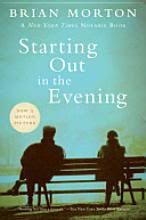

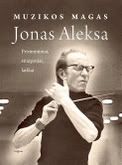

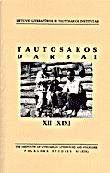
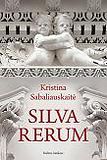
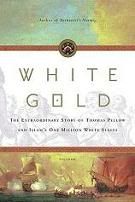

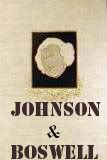
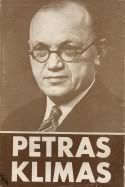
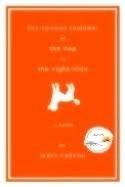
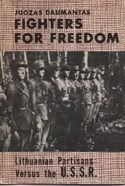
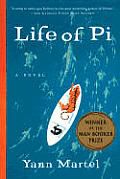


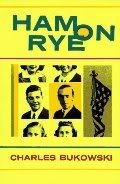

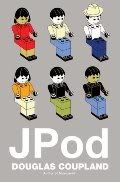
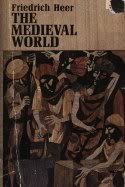

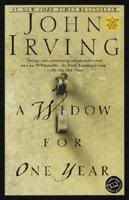






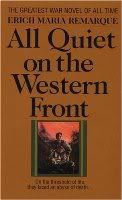




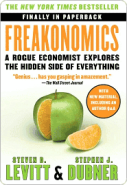

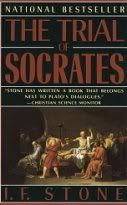

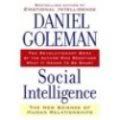

2 Comments:
Very nice site! ;-)
Thank you!
Post a Comment
<< Home